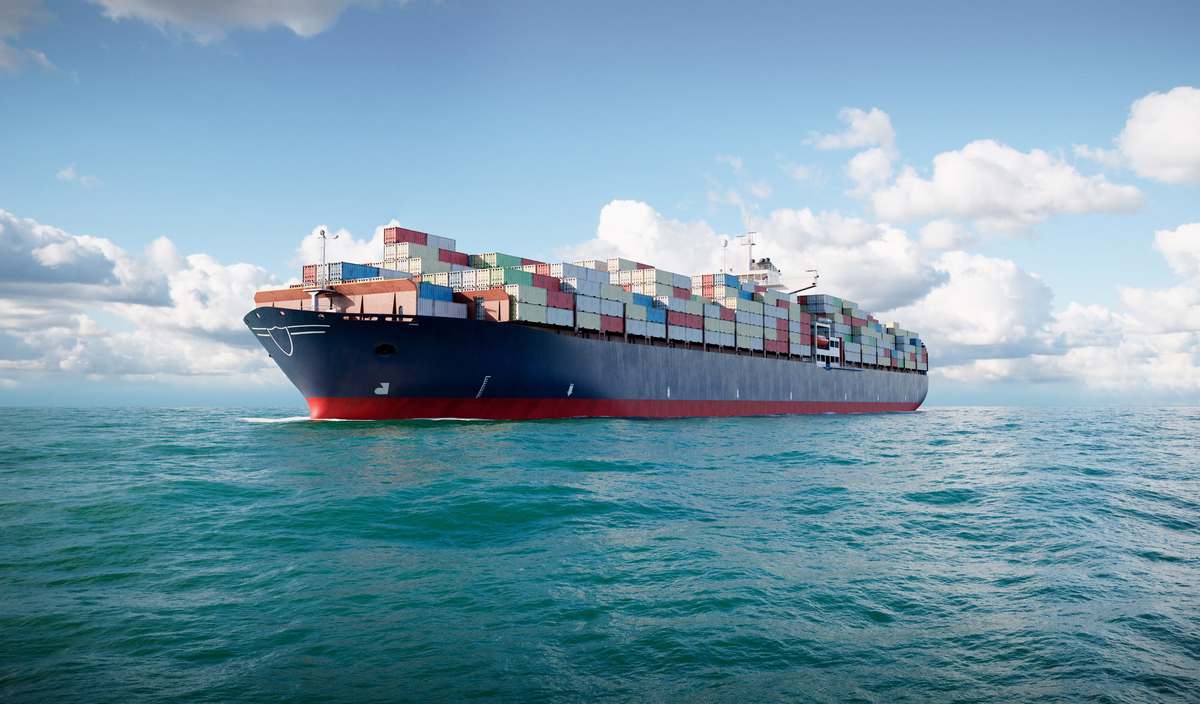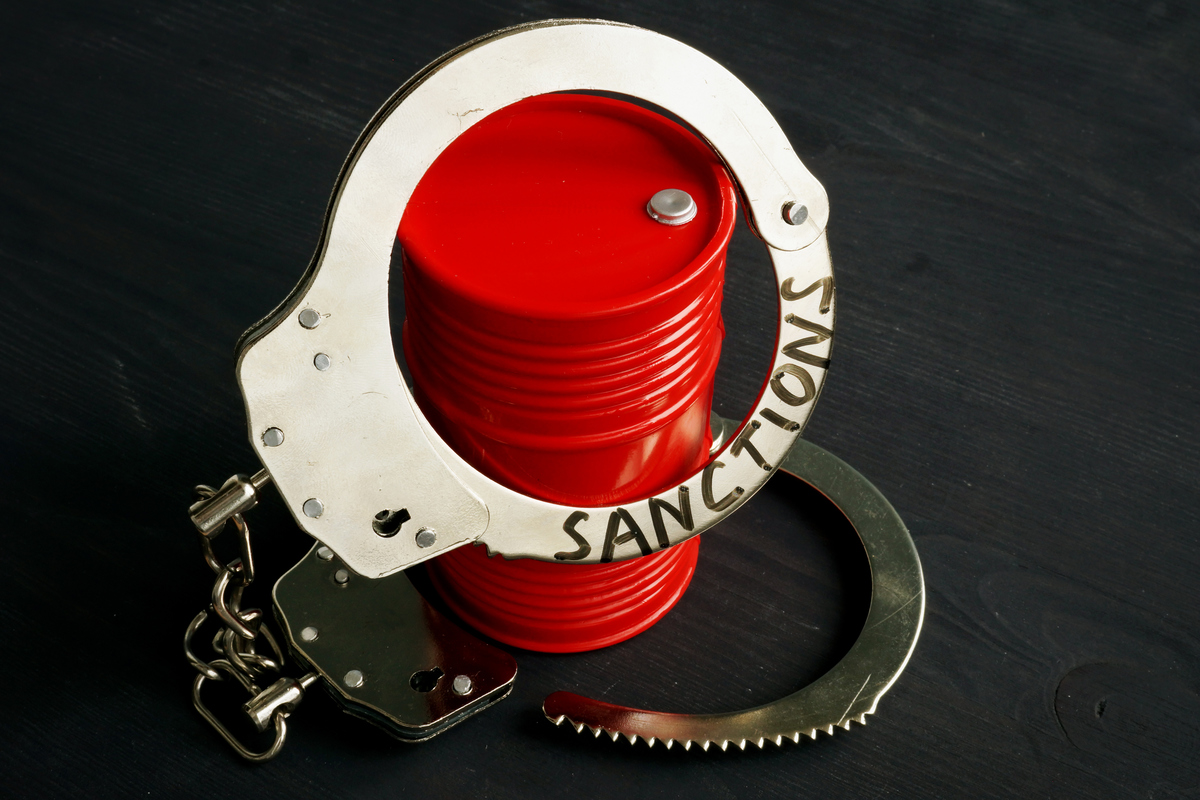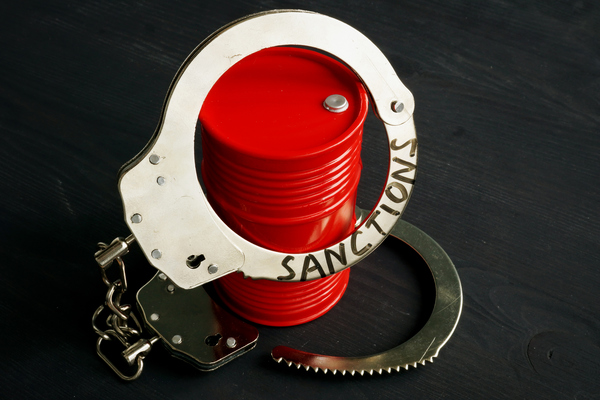ECSA calls for clean and affordable fuels guaranteed for shipping
European shipowners have urged the European Union (EU) not to divert large quantities of renewable fuel away from the maritime industry by creating an "artificial demand" in the road transport sector.
 PHOTO: Container ship sailing at sea. Getty Images
PHOTO: Container ship sailing at sea. Getty Images
The European Community Shipowners’ Associations (ECSA) has urged the EU to ensure the availability of clean fuels for the maritime sector. The ECSA's statement has come ahead of a European Parliament vote this week in which lawmakers will make new rules to reduce carbon dioxide (CO2) emissions from heavy-duty vehicles.
According to the ECSA, the shipping industry is already challenged by the lack of clean affordable marine fuels and a new regulation for the road transport industry could put more pressure on the availability of clean fuels.
"Sufficient quantities of sustainable and scalable renewable fuels are key for the energy transition of the shipping industry. However, the current lack of availability risks blocking the decarbonisation of the shipping sector, which is already one of the most difficult to decarbonise," the ECSA said in a statement.
“We urge the EU policymakers to oppose diverting crucial quantities of clean fuels away from shipping by creating artificial demand for them in other sectors where alternatives exist,” ECSA's secretary general Sotiris Raptis said in the statement.
The industry push comes against the backdrop of European co-legislators reviewing and revising CO2 emission standards for heavy-duty vehicles. The proposal aimed to update regulations on CO2 emission standards for heavy-duty vehicles.
The Environment, Public Health and Food Safety (ENVI) committee voted on a draft report in late October, and the European Parliament plenary is scheduled to vote on this in Strasbourg this week.
Negotiations between the two co-legislators will start once the European Parliament adopts its position on the proposal, a source from the European Council said.
Under the new mechanism, vehicle manufacturers will have to reduce average fleet emissions of their new sales by 45% in 2030, 65% in 2035, and 90% in 2040. The European Commission is currently examining the role of the Carbon Correction Factor (CCF) in zero-emission mobility in the heavy-duty vehicle sector as a way to reduce Tank-to-Wheel GHG emissions.
A CCF mechanism will credit the certified emissions of a vehicle based on the share of alternative fuels in Europe’s road transport, according to the International Council on Clean Transportation (ICCT).
In light of this, the ECSA has raised concerns about the extra push for the use of additional quantities of biofuels and Renewable Fuels of Non-Biological Origin (RFNBOs) in heavy-duty road transport to be introduced under CCF.
"We believe that the introduction of CCF will generate an artificial demand for these fuels in road transport," it said.
The ECSA, however, argues that “the direct use of hydrogen in fuel cells falls outside the scope of CCF and is defined as zero-emission vehicle technology under the CO2 standards for heavy-duty vehicles”.
By Manjula Nair
Please get in touch with comments or additional info to news@engine.online






